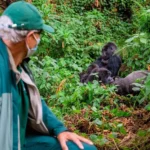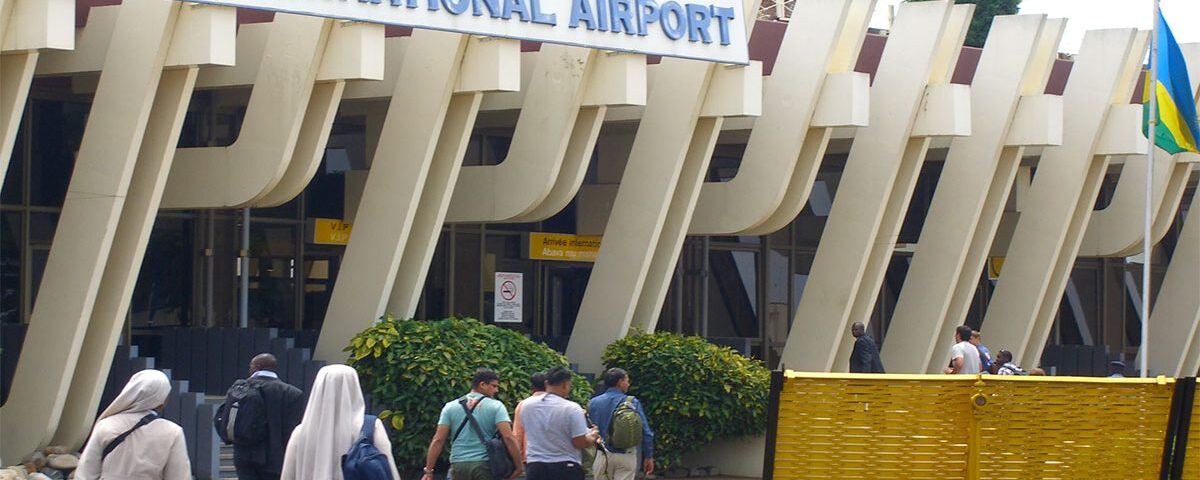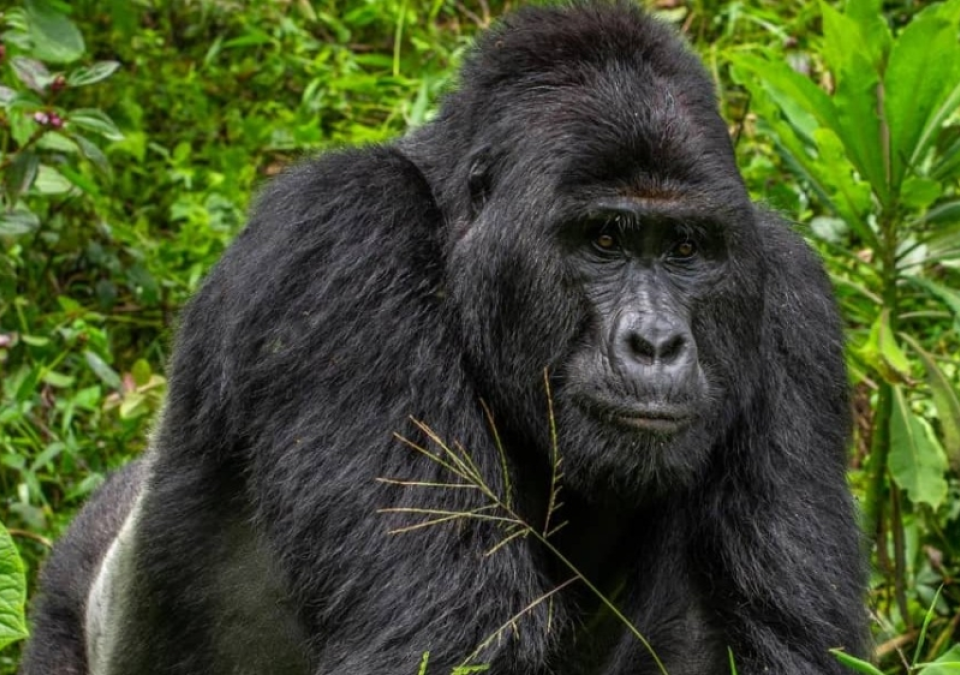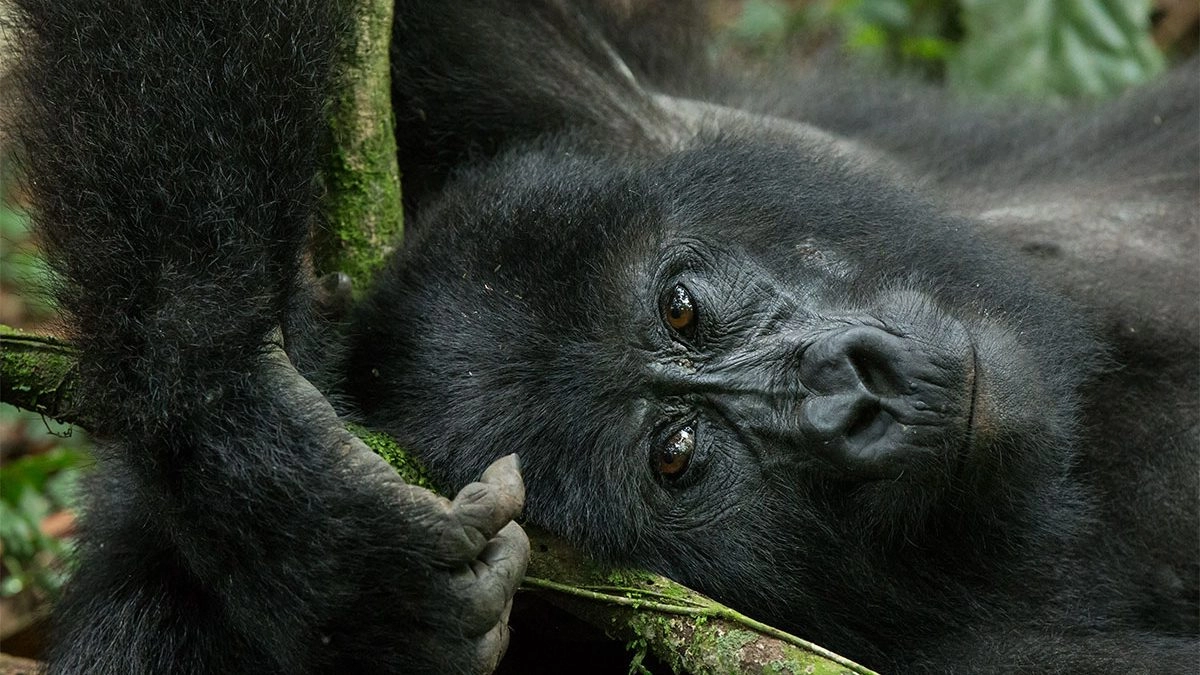
Are Gorilla Trekking Safaris in Uganda Safe for Travelers from the USA?
August 12, 2025Uganda Gorilla Tours Price
August 14, 2025Uganda Safari Packages Price
Uganda Safari Packages Price can vary widely depending on duration, accommodation style, and included activities. Prices typically range from $2,000 to over $7,000 per person for comprehensive itineraries. On average, travelers may pay $700 to $1,800 per night, depending on luxury levels, while budget safaris start around $300 per day per person. Mid-range options usually cost between $425 and $700 per day, providing comfortable lodges, guided tours, and some included meals.
Uganda’s diverse offerings, from gorilla and chimpanzee trekking to wildlife safaris and cultural experiences, influence pricing. International travelers, including those exploring Rwanda Gorilla Trekking from Greece, often combine Ugandan safaris with neighboring Rwanda tours to maximize wildlife experiences. Proper planning ensures visitors receive excellent value while enjoying unforgettable wildlife, cultural immersion, and luxurious or comfortable accommodation options.
Factors Affecting Uganda Safari Packages Price
Several factors influence the cost of a Uganda safari. The first is duration; longer safaris usually cost more but provide better daily value. The luxury level also impacts pricing significantly. Budget campsites or basic bandas are more affordable, while luxury lodges include butler service, private chefs, and exclusive excursions. Activities are another major factor. Gorilla trekking permits cost around $800 per person, and chimpanzee trekking permits cost about $250 per person.
Additional experiences, including game drives in Queen Elizabeth National Park, boat cruises on the Kazinga Channel, or cultural village visits, add to the overall price. Seasonal demand also plays a role, with high seasons from June to September and December to February increasing costs. Group size may further affect per-person pricing, as larger groups often benefit from shared transportation and accommodation rates.
Gorilla and Chimpanzee Trekking Costs
Gorilla and chimpanzee trekking are among the most unique and expensive safari experiences in Uganda. Each gorilla permit costs approximately $800 per person, granting access to one habituated gorilla family for an hour. Chimpanzee trekking permits are priced at about $250 per person and allow exploration of Kibale Forest or Kyambura Gorge. These activities significantly impact Uganda Safari Packages Price but provide unmatched wildlife encounters.
Travelers often ask, “What is included in a Uganda Gorilla Safari?” Beyond permits, most packages include guided treks, park entrance fees, and sometimes accommodation or meals. Booking permits in advance is essential, especially during peak season, to secure access to desired trekking dates. Combining gorilla and chimpanzee trekking with other safari experiences enhances the adventure while justifying the higher cost of a comprehensive safari package.
Accommodation Options: Where to Stay on a Uganda Safari
Accommodation choices greatly influence Uganda Safari Packages Price. Budget travelers may opt for campsites or basic bandas costing $50-$150 per night, offering essential facilities and proximity to parks. Mid-range lodges provide more comfort, including hot showers, scenic views, and access to guided tours, typically costing $250-$500 per night. Luxury Uganda Safari Lodges offer private suites, gourmet dining, spa services, and exclusive wildlife experiences, often exceeding $800 per night.
Travelers often ask, “Where to stay on a Uganda Gorilla Safari?” Choosing lodges that offer cultural experiences, such as Batwa community visits or local craft workshops, ensures a richer safari. Accommodation selection directly impacts comfort, convenience, and overall satisfaction while balancing the safari budget.
Transportation and Logistics Costs
Transportation affects Uganda Safari Packages Price depending on the chosen mode of travel. Overland 4×4 vehicles are popular, offering flexibility, comfort, and access to remote parks. Daily costs range from $70 to $300 depending on vehicle type and size. Fly-in safaris save time but significantly increase costs. Shared transport reduces expenses but limits schedule flexibility. Travelers must also consider domestic flights or airport transfers.
Efficient transportation planning ensures timely arrivals for treks, game drives, and cultural visits, while minimizing fatigue. Planning around transportation also allows travelers to incorporate scenic stops, photography opportunities, and interactions with local communities, further enhancing the safari experience.
Example Uganda Safari Packages Price Ranges
Safari pricing depends on duration, accommodations, and activities. A 3-day budget safari may start around $1,200 per person, including a gorilla trekking permit and basic lodging. A 7-day mid-range safari, featuring comfortable lodges, guided game drives, and optional cultural visits, ranges from $2,609 to $4,699 per person. A 10-day luxury safari with high-end lodges, private guides, and inclusive meals can cost between $3,069 and $5,211 per person.
A 14-day extended safari, combining gorilla and chimpanzee trekking with full wildlife and cultural experiences, may reach $4,620 to $8,004 per person. Travelers often ask, “What to pack for a Uganda Gorilla Safari?” Essential items include hiking boots, waterproof jackets, walking sticks, binoculars, and cameras to ensure safety, comfort, and a rewarding experience.
Tips for Saving Money on Uganda Safaris
Travelers can optimize Uganda Safari Packages Price with strategic planning. Traveling during shoulder seasons (March-May and October-November) reduces costs and avoids heavy crowds. Budget accommodations, such as camping or basic lodges, significantly lower expenses. Overland travel is cheaper than fly-in options while still offering immersive scenery. Group travel allows sharing of vehicle and lodging costs.
Early booking secures gorilla and chimpanzee permits as well as preferred lodges, avoiding price surges during peak season. Strategic planning ensures that travelers enjoy a memorable and well-organized safari without compromising comfort, wildlife encounters, or cultural experiences.
Cultural Experiences Around Safari Lodges
Uganda Safari Lodges provide opportunities to explore local culture beyond wildlife observation. Visitors can engage with Batwa communities to learn about traditional forest lifestyles, join drumming and dance ceremonies, and participate in handicraft workshops. Some lodges offer cooking classes and market visits to experience authentic Ugandan cuisine.
Incorporating these experiences answers the question, “Where to stay on a Uganda Gorilla Safari?” Selecting lodges that integrate cultural immersion enhances the safari, supports sustainable tourism, and provides travelers with meaningful interactions while contributing to local livelihoods.
When to Go for a Uganda Safari
Optimal timing ensures comfort, safety, and better wildlife encounters. The dry seasons, from June to September and December to February, are ideal for hiking, gorilla trekking, and wildlife viewing. Trails are easier to navigate, photographic opportunities improve, and rain-related disruptions decrease. Shoulder seasons, such as March-May and October-November, offer lower prices and fewer tourists, though some trails may be muddier.
Travelers often ask, “When to go for a Uganda Gorilla Safari?” Selecting the right season guarantees a safe, enjoyable, and immersive safari experience while maximizing the chance of observing gorillas, chimpanzees, and other wildlife in pristine habitats.
Planning Your Uganda Safari Adventure
Uganda Safari Packages Price reflects investment in wildlife, culture, and luxury or comfort. By considering duration, accommodation type, transport, gorilla and chimpanzee permits, and optional activities, travelers can tailor a safari to their budget and interests. Mid-range and luxury Uganda Safari options offer immersive experiences, including gorilla trekking, cultural tours, and wildlife viewing. Planning strategically, traveling in groups, and booking permits early enhances affordability and convenience.
Combining gorilla trekking with chimpanzee tracking, game drives, and cultural interactions creates a comprehensive, memorable safari. Investing in a Uganda Safari ensures unforgettable wildlife encounters, cultural enrichment, and meaningful support for conservation and local communities, establishing Uganda as a premier safari destination in Africa.




